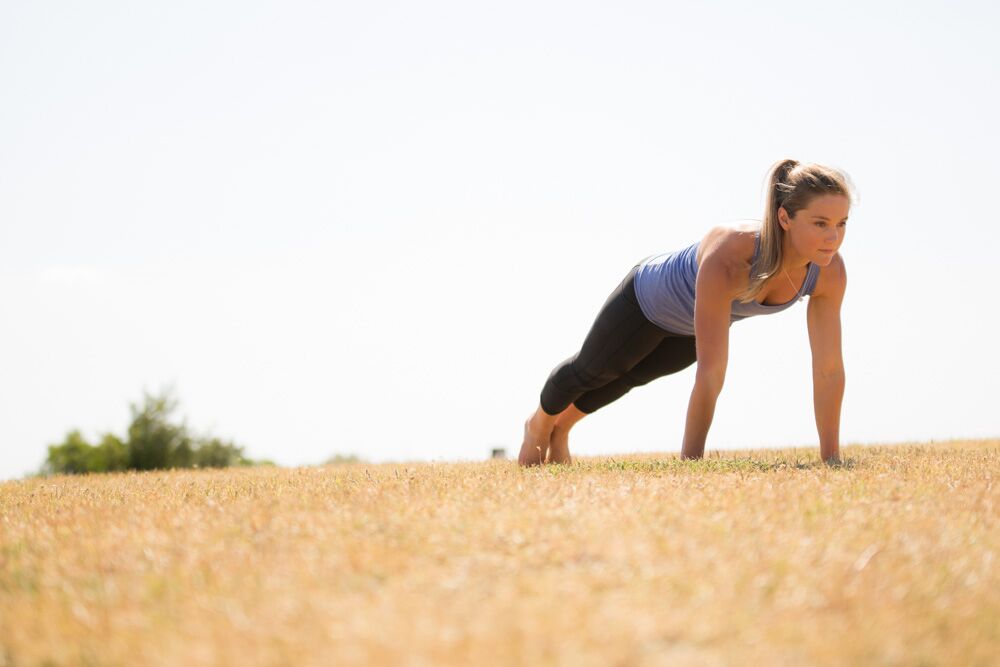This is a topic of confusion for many people and rightly so. The amount of conflicting information around workout nutrition makes it very difficult for the everyday athlete to know what to do when it comes to getting the most out of their workouts.
Let’s break down some of myths around workout nutrition and see what we actually should be eating before and after our workouts.
NOTE: Requirements are obviously going to be very different for athletes/body builders/fitness competitors training multiple sessions per day and preparing for competition. This article is for people that exercise regularly for health, fitness and to just look and feel better.
PRE-WORKOUT NUTRITION
Fuelling your body correctly before a workout can make a HUGE difference in your energy, strength and performance of your session, as well as your recovery.
Ideal situation – eat a well-balanced meal 2-3 hours before exercise.
This meal should include the following:
1. Protein
This is important for maintaining and even increasing muscle size. It also minimizes muscle damage that is important for muscle growth and your recovery.
Protein absorption isn’t so important here so forgo the protein shake for real food sources such as chicken, fish, meat or eggs.
2. Carbohydrates
Unless you are a fat-adapted endurance athlete (burn fat instead of glucose for fuel) or just going for a quiet stroll, carbohydrates are an important part of your pre-workout meal. This will ensure you have enough energy for the working muscles and will improve your higher intensity performance.
Carbohydrates also stimulate the release of insulin. When combined with protein, this enhances protein synthesis, preventing protein breakdown. Remember, you want to choose slow release carbohydrates so they are in your blood stream by the time you train. Sweet potato, brown rice or quinoa are good choices here.
3. Fats
Fats slow down digestion, meaning more stable blood sugar and insulin levels. This is a good thing.
They also provide essential key nutrients, vitamins and minerals that are important for health.
They don’t, however, seem to enhance or hinder workout performance. So include them on your plate for all their other benefits.
Fast burning fats like coconut oil or avocado are going to be your best bet.
DO THIS
2-3 hours before exercise - example meal:
· grilled chicken salad with roast sweet potato, avocado, 2 cups spinach leaves and other non-starchy veg (i.e capsicum, mushies, asparagus) – portions will depend on the individual.
Doing your workout hours after your last meal?
It’s important to have a meal or snack before your workout. The closer you get to the workout though, the more easily digestible the meal must be.
Have a smoothie or snack with some carbohydrates (e.g banana) and protein 0- 60 minutes before your workout.
For example:
Smoothie
· 1 scoop sprout brown rice choc protein (or other clean protein powder)
· 1 handful spinach
· 1 cup almond milk
· 1 banana
· 1 -2 tsp almond butter
· ice
TIP: If you drink coffee, have it 30 minutes before training to stimulate energy production, increase fat burning and boost performance!
In a nutshell: If you don’t fuel properly before your workouts, you are going to feel like rubbish and perform sub-optimally.
DURING YOUR WORKOUT
Nutrition needs during a workout really depends on the length and type of exercise you’re doing, as well as how long it’s been since your last meal.
For most people doing a workout that is less than 2 hours and have had a decent pre-workout meal, nothing is required here. Just focus on keeping adequately hydrated with plenty of water.
If you prefer to train on an empty stomach, 10-15 grams of BCAA’s may be beneficial here to control protein breakdown.
Of course, for endurance or high intensity exercise greater than 2 hours, carbohydrate and protein intake will be necessary for performance and recovery. Consuming adequate electrolytes will also be important for hydration.
Steer clear of fats during workouts, they serve no benefit here.
POST WORK-OUT NUTRITION
This is where things start to get a bit confusing…
WHAT you eat after a work out is important for your recovery, muscle growth, rehydration and future performance.
WHEN you eat is also important but maybe not as much as we all once thought.
(If you aren’t fussed for the detail of nutrient timing, skip down to WHAT TO EAT POST WORKOUT).
In the sports nutrition world, it has been gospel that post workout nutrition MUST be consumed within 15-45 minutes of training. This is a concept called the “anabolic window of opportunity”. It is based on the theory that our muscles are primed during this time to suck up glucose and protein for lean muscle growth. It is thought that if you “miss the window” or wait longer than 45 minutes to get anything in, the benefits of your training will be significantly diminished (or thrown out the window!). Hence the mad rush to the gym bag to grab those protein shakers as soon as the last chin up is done.
It is now known that this research was only done on short-term effects. So yes, an increase in protein synthesis was shown in the short term (let’s say 30 minutes post-workout) but this doesn’t correlate to long-term results (in 2 months, for example). It was also done based on training that was carried out in a fasted state. It then makes sense to have your post workout nutrition straight after training.
More recent research shows that this window of opportunity to refuel and maximise your strength gains is much larger than originally thought. If you have had a decent pre-workout meal or snack, you actually have up to two hours after training to refuel. (To read a full review with cited references, check out this article).
This means for the average athlete just looking to improve their health, get fit and look and feel better, there is no need to slam down a hydrolysed whey protein shake as soon as you finish the workout. You actually have time to go home and prepare a well-balanced, nourishing, whole food meal (as long as it is consumed within 2 hours of training and you had a good pre-workout meal beforehand).
If, however, you trained in a fasted state or didn’t have a sufficient pre-workout meal or snack, getting your post-workout protein and carbohydrates in as soon as possible is a good idea.
In conclusion, recent research shows the total amount of protein and carbohydrate you eat over the course of the day, is more important for body composition and performance than nutrient timing. (Exceptions here are athletes or people that train multiple times per day and need to maximise fuel replenishment between sessions).
It’s easy to get caught up in the minor details of nutrient timing, but I ask you to first focus on food quality (and quantity), adequate hydration, managing your stress levels and getting good quality sleep.
WHAT TO EAT POST -WORKOUT
End your workout with a meal that includes protein and carbohydrates (within 2 hours of completing your session).
Protein
Eating protein after a workout is important to drive protein synthesis and prevent muscle breakdown, leading to an increase in lean muscle growth.
If you had a decent pre-workout meal with protein before training, this protein will still be in the body so the absorption rate of your protein doesn’t actually matter. Recent studies also show that fast absorbing, hydrolyzed proteins may be digested TOO quickly, as they are in and out of the blood stream before protein synthesis can be maximised.
Carbs
Unless you are an endurance athlete doing back to back, multiple sessions, the speed in which you replenish glycogen stores is not of great importance. The carbs you consume over the day until your next training session with adequately replenish your stores.
Steer clear of refined carbs and choose whole food sources such as fruit, starchy vegetables like sweet potato and non-gluten grains like brown rice and quinoa.
DO THIS
Have a high protein meal within 2 hours of training using high quality protein sources e.g – chicken, fish, beef, lamb, turkey, eggs.
The amount of protein you have post workout DOES matter.
Women – ensure you are getting 20-30 grams protein after exercise ( 1 serve of YOUR palm size)
Men – ensure you are getting between 40-60 grams protein after exercise (2 x YOUR palm size)
If you can’t prepare a proper meal or simply can’t stomach it, prepare a well-balanced smoothie using a minimally processed protein powder (as well as a carbohydrate component, veg and some healthy fats).
EXAMPLE POST WORKOUT MEALS
1. Grilled salmon fillet, brown rice, 2+ cups of stir-fried greens e.g. broccolini, bok choy, asparagus, snow peas. (Quantities will depend on the individual).
2. Antioxidant Smoothie
· Large handful of spinach
· 1 cup unsweetened almond milk
· ½ cup frozen organic blueberries
· ½ frozen banana
· 1 Scoop of clean protein powder
· 1-2 tbs walnuts
· Top with some shredded coconut
A note on FATS post workout
It’s been commonly believed that fats slow down digestion and therefore should not be consumed in the post work out meal. Whilst fats DO slow down digestion, this may be irrelevant for the everyday athlete.
The rate in which protein, carbohydrates and fats are digested is not necessarily that important. Slowing down digestion with fats also has its benefits, including better absorption of micronutrients such as magnesium and zinc. Include a small amount of good fats in your post workout meal to maximise your overall health and wellbeing.
OTHER TIPS AND TRICKS
BEETROOT
Beetroot is the perfect pre-workout food! It increases nitric oxide production, which causes blood vessels to expand. This improves blood flow and results in greater oxygen and nutrient delivery to muscles and tissues, which may improve athletic performance and recovery! Add roast beetroot salads or use it in a smoothie!
GINGER AND TURMERIC
Cook with turmeric and ginger to reduce the effect of DOMS (Delayed Onset Muscle Soreness). These foods have powerful anti-inflammatory properties and have been found to accelerate recovery. Add diced fresh ginger or grated turmeric to veggie stir fries for a pop or flavour, make tea out of the root, or blend it in to a green smoothie. Turmeric is, however, poorly absorbed so ensure you add some fats to enhance the absorption as well as black pepper (this also increases absorption).
APPLE CIDER VINEGAR (ACV) BEFORE MEALS
If you are not digesting and absorbing the nutrients from your food, your body is not getting the correct fuel it needs for exercise and adequate recovery. You could be putting all the right things in, but your body isn't assimilating all those beautiful nutrients.
ACV stimulates the production of digestive enzymes and increases stomach acid, resulting in better breakdown of food and absorption of nutrients.
How? Mix 2 tablespoons of Braggs ACV (or another organic, unfiltered ACV) in a small glass of water and drink in the morning.
IN SUMMARY
What you eat before and after training is very important for your performance and recovery. However, don’t be fooled into thinking that a protein shake directly after training is the answer to your workout nutrition. Focus on nourishing whole foods, hydrate well, get plenty of sleep and manage your stress.
Athletes training multiple sessions per day have very different requirements. Nutrient timing will be important here for proper recovery and that competitive edge.

